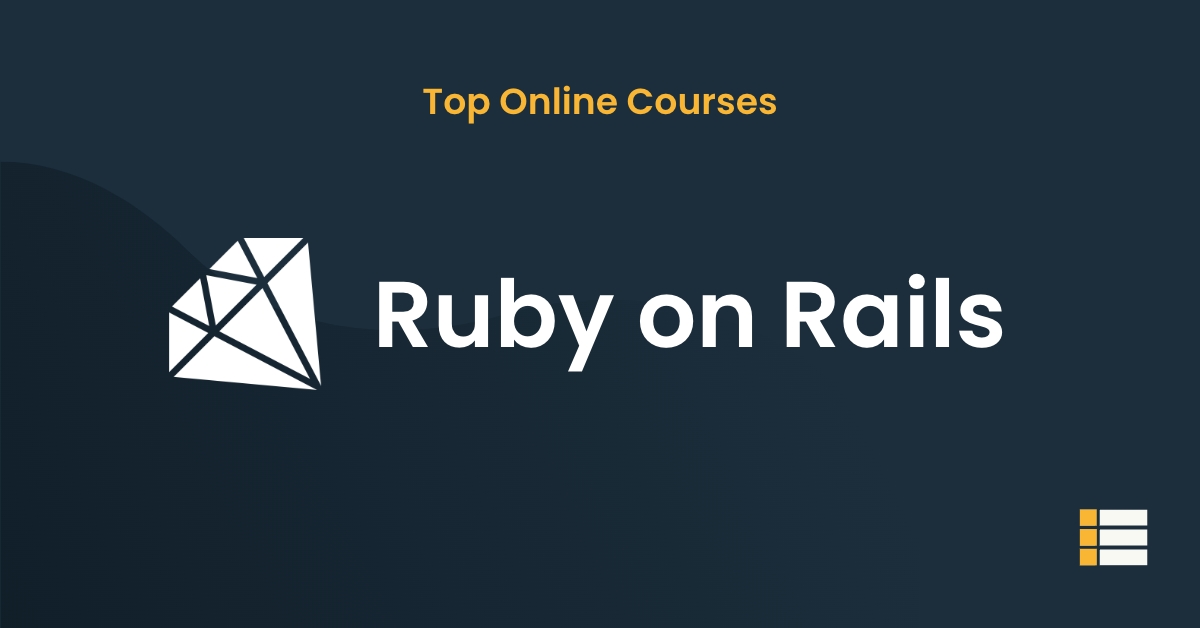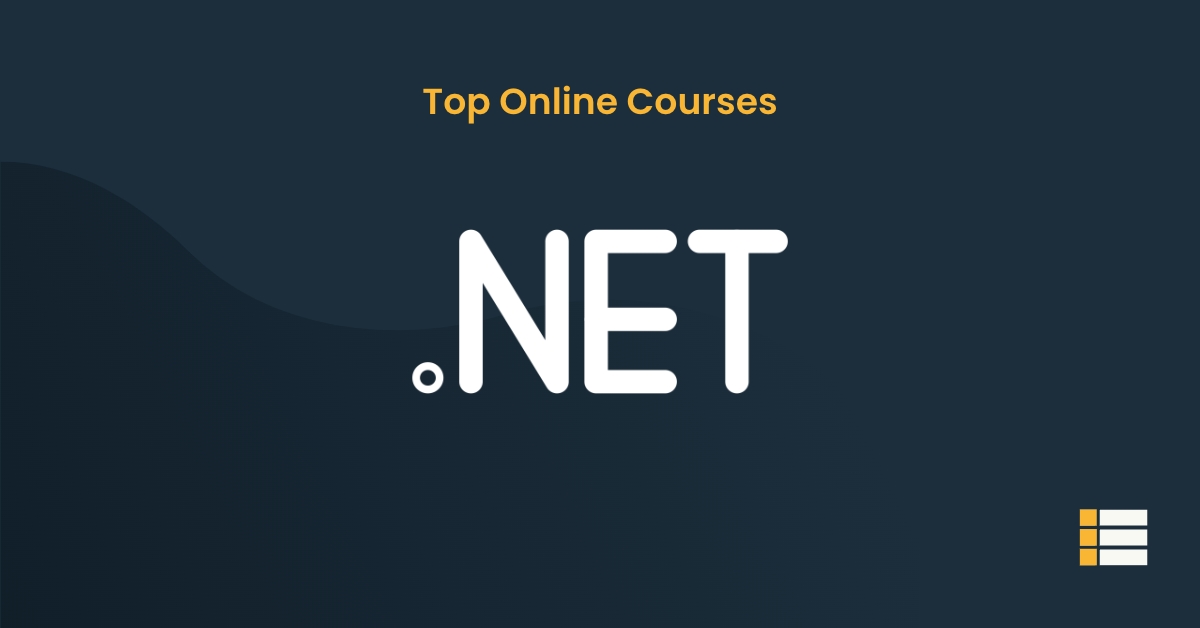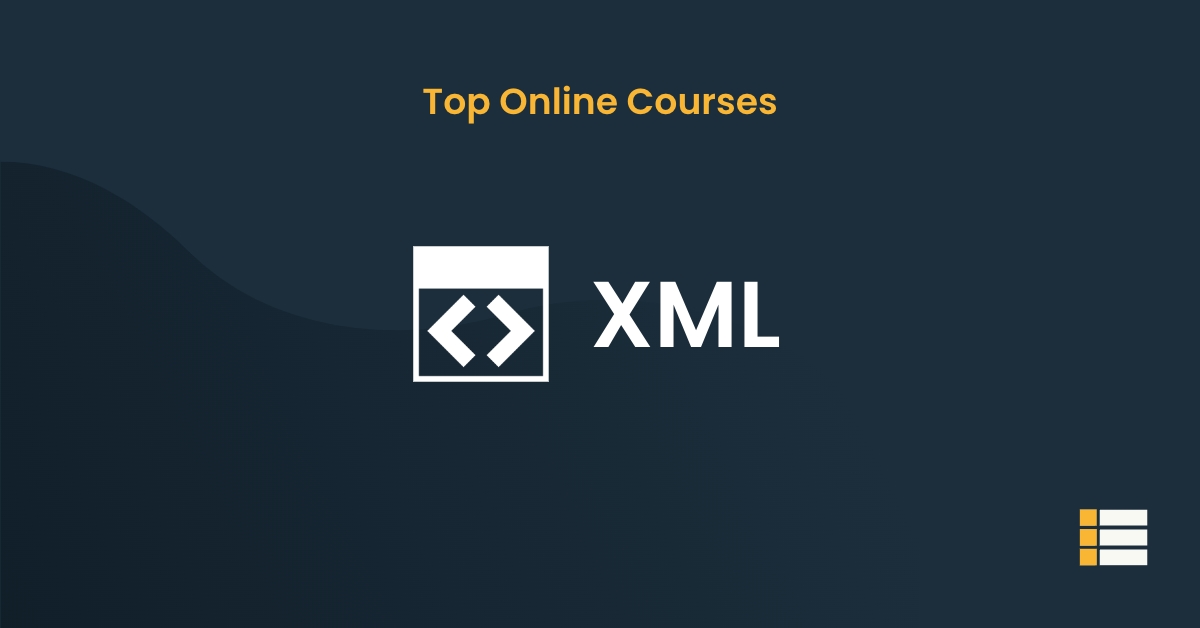If you want to learn the R programming language, there are many ways you can go about it.
You can find a variety of resources online that can help you get started, including tutorials, videos, and online courses. In this post, we’ll explore some of the best ways to learn R online.
Table of Contents
Learning R – A Student’s Guide
Why learn R?
R is a programming language that is popular among statisticians and data scientists.
It is a powerful tool for data analysis and statistical computing. There are many reasons to learn R.
R is a free and open source software. This means that anyone can use and contribute to the development of R. R is also available on all major operating systems, so you can use it regardless of your platform of choice.
R is a highly versatile language. It can be used for data analysis, statistical computing, and machine learning.
R also has a large and active community of users, who have contributed a wealth of packages and tools to the language.
R is also great language for learning statistical programming and data science. It is concise and easy to read, and there is a wealth of online resources available to help you learn R.
What is R?
R is a programming language and free software environment for statistical computing and graphics supported by the R Foundation for Statistical Computing.
The R language is widely used among statisticians and data miners for developing statistical software and data analysis.
Polls, surveys of data miners, and studies of scholarly literature databases show that R’s popularity has increased substantially in recent years.
How can I learn R?
There are plenty of ways to learn R, and it really depends on your level of experience and comfort with programming. If you’re just starting out, then we recommend checking out some of the courses we recomment above.
These will help you get started with the basics of the language, and will allow you to start writing your own programs in R. If you’re already familiar with another programming language, then learning R will be a breeze.
One of the best ways to learn R is by doing. There are plenty of online resources that will allow you to write and run your own R programs.
This is a great way to get a feel for the language, and to see how it works in action. Another great way to learn R is by working with real data.
- This can be done in two ways. First, you can find datasets online that you can use to practice your skills.
- Second, you can work with data that you already have, such as data from your own research.
This is a great way to learn about the language, and to see how it can be used to solve real-world problems.
Finally, we recommend taking some time to explore the community around R. There are plenty of forums, mailing lists, and IRC channels where you can ask questions and get help from other R users.
I recommend R ladies, R weekly, Stack overflow and the annual R conferences.
This is a great way to learn about the language, and to find out what other people are doing with it.
What are some example applications of R?
R is a programming language that is commonly used for statistical computing and data analysis. There are many different applications for R, some of which are listed below.
- R can be used for exploratory data analysis, which involves manipulating and visualizing data to gain insights and understanding about the dataset.
- R can be used for predictive modeling, which involves using statistical methods to build models that can predict future outcomes based on data.
- R can be used for statistical testing, which involves using statistical methods to test hypotheses about data.
- R can also be used for data visualization and maps, which involves creating visualizations to communicate data and insights.
Frequently Asked Questions
How can I learn R programming online?
There are a variety of ways that you can learn R programming online. You can find several free tutorials and lessons online, or you can choose to enroll in a more comprehensive course. Whichever route you choose, make sure that you find a reputable source of information so that you can learn the language correctly.
Can I learn R in 3 months?
You can learn the basics of R in three months, but to become proficient in R can take years.
How can I learn R language for free?
There are many ways to learn R language for free. You can find tutorials and videos on youtube, or join forums and discussion groups.
Can I teach myself R programming?
Yes, it is possible to teach oneself R programming. However, it may be difficult to find resources and support if one does not have any previous experience with coding.
Is R programming language easy to learn?
The answer to this question is both yes and no. R programming language can be easy to learn for some people and more difficult for others.
Is R or Python easier to learn?
Neither language is inherently easier or harder to learn; this varies depending on the person.
What is R used for in programming?
R is a programming language and software environment for statistical computing and graphics supported by the R Foundation for Statistical Computing.
Which is better R or Python?
It depends on what you mean by “better.” If you are looking for a language that is easier to learn, Python might be a better choice. If you are looking for a language that is more popular, R might be a better choice.
Is R same as Python?
No, R is not the same as Python.
What type of language is R programming?
R is a high-level, interpreted, and general-purpose programming language.
Conclusion
Overall, learning R online can be a rewarding experience. With the right courses and motivation, anyone can learn this powerful programming language.
While there are some challenges, such as finding good quality materials and staying motivated, these can be overcome with perseverance.
The benefits of learning R, such as the ability to perform sophisticated data analysis and the potential for career advancement, make it worth the effort.
Did you take one of the R courses recommended in this article, or do you have another one to recommend? please let us know in the comments below.
Related links
- R-programming course with Coursera – Johns Hopkins University
- Tutorials Point – R programming
- R Programming course at Pluralsight
- R Programming Fundamentals – Stanford
- R programming basics – guru99
- Learn the basics of R with freecodecamp’s youtube video
- R Tutorial – W3School
- R Programming lessons from the University of Arizona
Sources
- Gentleman, Robert. R programming for bioinformatics. Chapman and Hall/CRC, 2008.
- Matloff, Norman. The art of R programming: A tour of statistical software design. No Starch Press, 2011.
- Chambers, John M. Software for data analysis: programming with R. Vol. 2. New York: Springer, 2008.
- Kaya, Efdal, et al. “Spatial data analysis with R programming for environment.” Human and ecological risk assessment: An International Journal 25.6 (2019): 1521-1530.

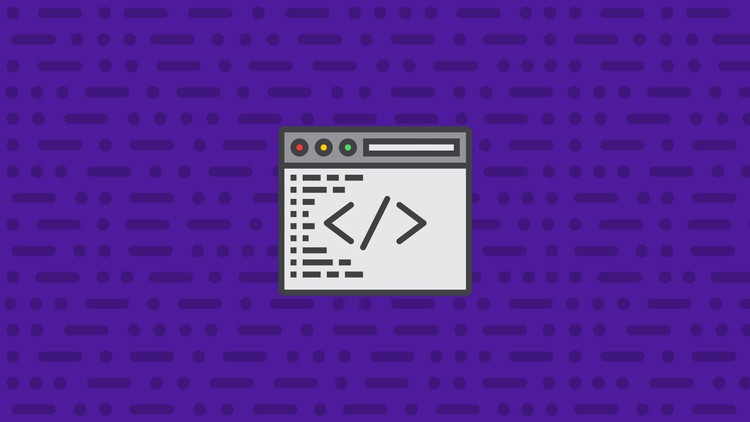
 Online course by
Bogdan Anastasiei
Online course by
Bogdan Anastasiei
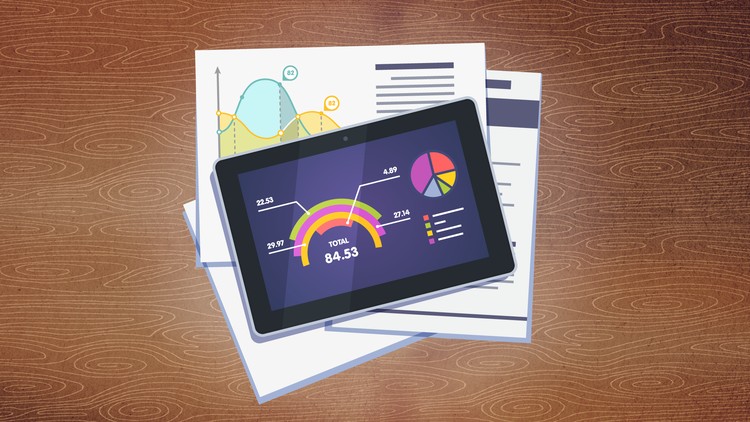
 Online course by
Bogdan Anastasiei
Online course by
Bogdan Anastasiei

 Online course by
SDE Arts | Octavo
Online course by
SDE Arts | Octavo
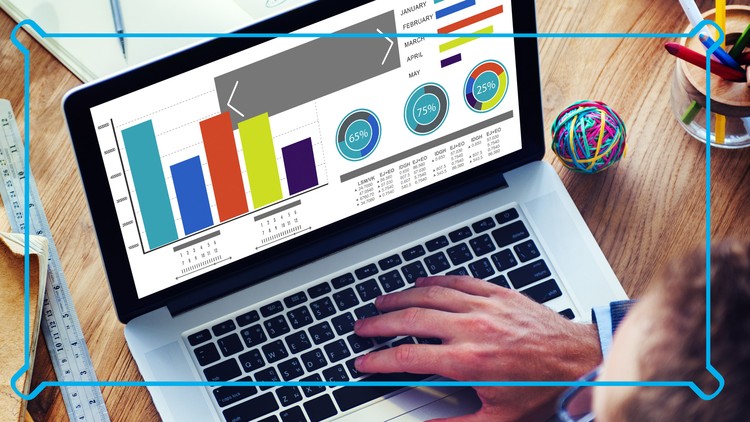
 Online course by
Bogdan Anastasiei
Online course by
Bogdan Anastasiei

 Online course by
Bogdan Anastasiei
Online course by
Bogdan Anastasiei
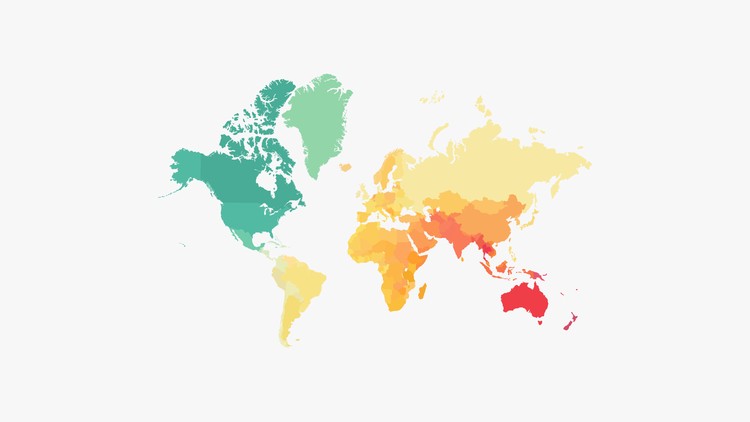
 Online course by
Gregory Sward
Online course by
Gregory Sward
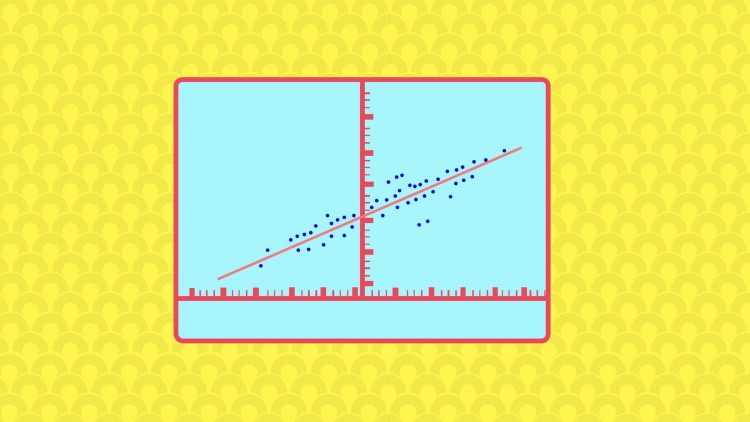
 Online course by
Charles Redmond
Online course by
Charles Redmond
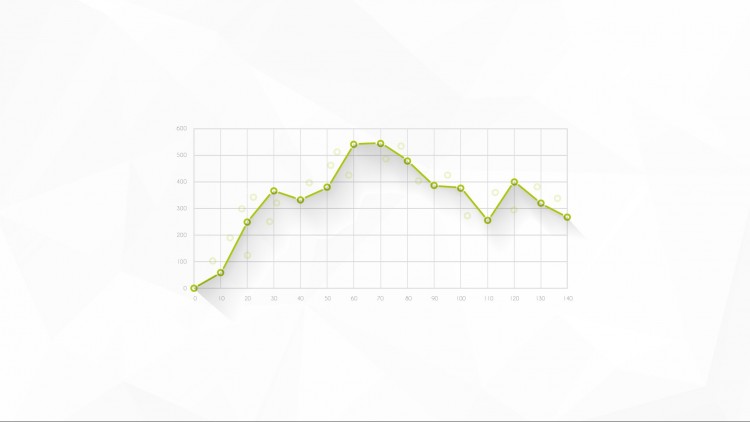
 Online course by
Charles Redmond
Online course by
Charles Redmond

 Online course by
Charles Redmond
Online course by
Charles Redmond

